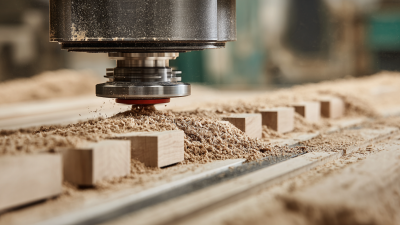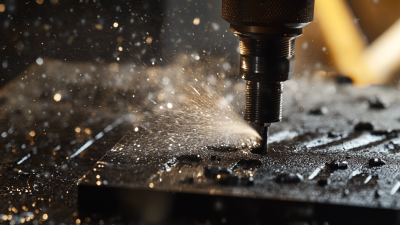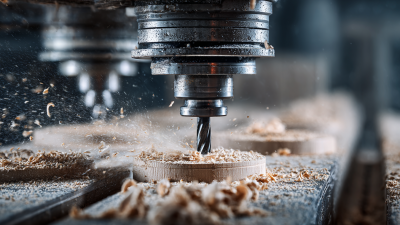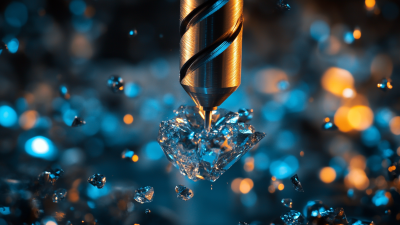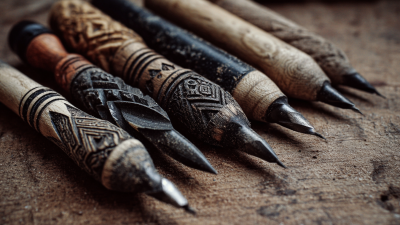In the world of machining and manufacturing, the choice of drill bits can significantly impact productivity and performance, especially when working with materials like hardened steel. Carbide drill bits for hardened steel are increasingly becoming the go-to solution, offering unparalleled durability and efficiency. According to a report by Market Research Future, the global carbide tools market is projected to reach USD 20 billion by 2025, driven by the demand for precision tools in advanced manufacturing processes. Carbide drill bits are known to withstand high temperatures and resist wear, making them essential in applications where conventional high-speed steel bits would falter. This makes them not only a feasible choice for achieving tighter tolerances but also a cost-effective option in the long run due to their longevity and reduced replacement frequency. As we explore the various benefits of using carbide drill bits for hardened steel applications, it becomes clear that they are an indispensable asset to modern machining practices.
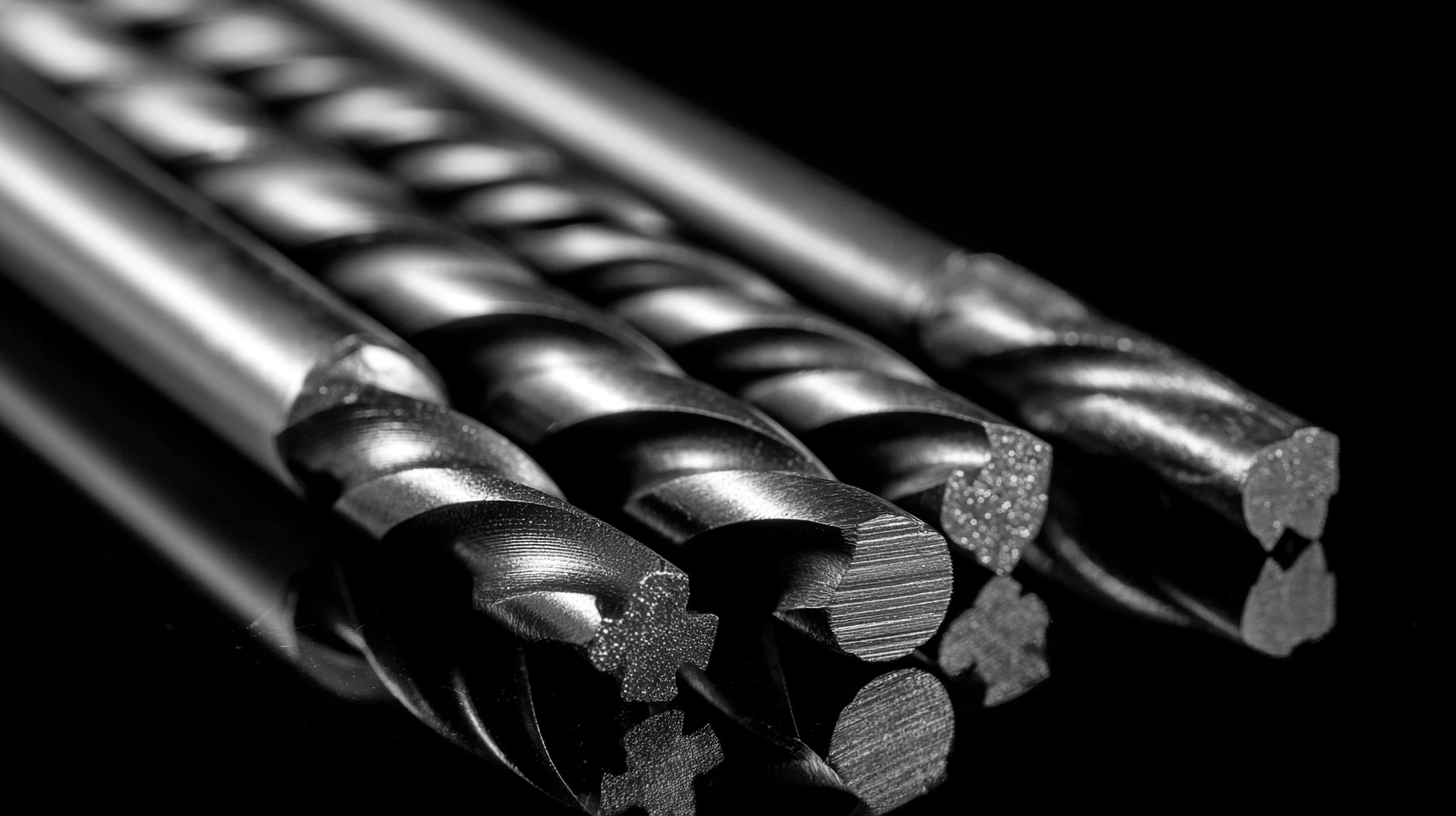
Carbide drill bits are increasingly recognized for their superior performance, especially when it comes to drilling through hardened steel. Unlike traditional high-speed steel (HSS) drill bits, carbide bits maintain their sharpness longer and withstand higher temperatures without losing their cutting edges. Studies show that carbide drill bits can drill through hardened steel at speeds up to twice as fast as HSS, making them an ideal choice for both DIY enthusiasts and professional machinists involved in metalworking.
One of the key advantages of carbide drill bits is their durability. These bits are made from a tungsten carbide composite, which not only provides better wear resistance but also enhances performance in demanding applications. This makes them capable of producing clean, precise holes with minimal effort. Tips for optimizing your drilling include using a steady, controlled feed rate and ensuring that your workpiece is securely clamped to prevent vibrations, which can lead to inaccuracies.
For those looking to prolong the life of their carbide drill bits, investing in a high-quality drill bit sharpener is essential. A good sharpener can restore the cutting edges and maintain the performance of your bits. It's crucial to follow the manufacturer's instructions for sharpening to prevent damaging the tips. By taking these steps, users can maximize the efficiency and longevity of their carbide drill bits while achieving optimal results in hardened steel applications.
| Feature | Carbide Drill Bits | HSS Drill Bits |
|---|---|---|
| Material Hardness | Excellent for high hardness steel | Limited performance on hardened steel |
| Durability | Very high, resistant to wear | Moderate, can wear quickly |
| Heat Resistance | Superior, maintains strength at high temperatures | Lower, can lose hardness quickly |
| Cost | Higher initial investment | Lower initial cost |
| Applications | Ideal for machining hardened steel, titanium | Best for softer metals and general use |
| Chip Removal | Effective designs for efficient chip removal | Some designs can clog with hardened materials |
Carbide drill bits are renowned for their exceptional durability and longevity, particularly when used in hardened steel applications. Unlike traditional high-speed steel (HSS) bits, carbide drill bits are constructed from a composite of tungsten carbide, which drastically increases their resistance to wear and deformation. This hardness allows them to maintain their cutting edge for significantly longer periods, resulting in fewer tool replacements and enhanced efficiency during machining tasks. Moreover, carbide bits can withstand higher temperatures without losing their structural integrity, enabling them to tackle challenging materials without compromising performance.
The longevity of carbide drill bits also stems from their ability to operate at faster speeds and feed rates compared to their HSS counterparts. This characteristic not only boosts productivity but also reduces the heat generated during the drilling process, which is often the killer of tool life. When used correctly, carbide bits can provide consistent performance over thousands of holes, reducing downtime and material costs. Consequently, investing in carbide drill bits for hardened steel applications is a wise decision for manufacturers seeking both efficiency and exceptional durability in their tooling solutions.
When working with hardened steel, choosing the right cutting speed and technique is crucial for achieving optimal results with carbide drill bits. Carbide drill bits are known for their ability to withstand high temperatures and maintain sharpness, making them ideal for tough materials. To unleash their full potential, it's essential to operate within the recommended cutting speed range. Typically, this range varies between 80 to 150 feet per minute (FPM), depending on the specific type of carbide bit and the hardness of the steel. Adhering to these speeds not only enhances efficiency but also prolongs the lifespan of the tools, reducing the need for frequent replacements.
Moreover, the technique used during drilling can significantly influence the overall effectiveness of the process. A steady feed rate is imperative when using carbide drill bits on hardened steel; pushing too hard can lead to bit wear or breakage, while too light a touch may result in inefficient cutting. It's essential to apply proper lubrication to keep the bit cool and minimize friction. This can be achieved using cutting oils or coolants, allowing for cleaner holes and a smoother operation. By combining the right cutting speeds with effective drilling techniques, operators can maximize the performance of their carbide drill bits and achieve superior results in hardened steel applications.
Opting for carbide drill bits in hardened steel applications offers significant cost-effectiveness over the long term, primarily due to their exceptional durability and performance. Unlike standard drill bits, carbide bits can withstand the high temperatures and abrasion generated during drilling into hardened materials. This translates to fewer replacements and reduced downtime, making them a wise investment for any project requiring precision and reliability.
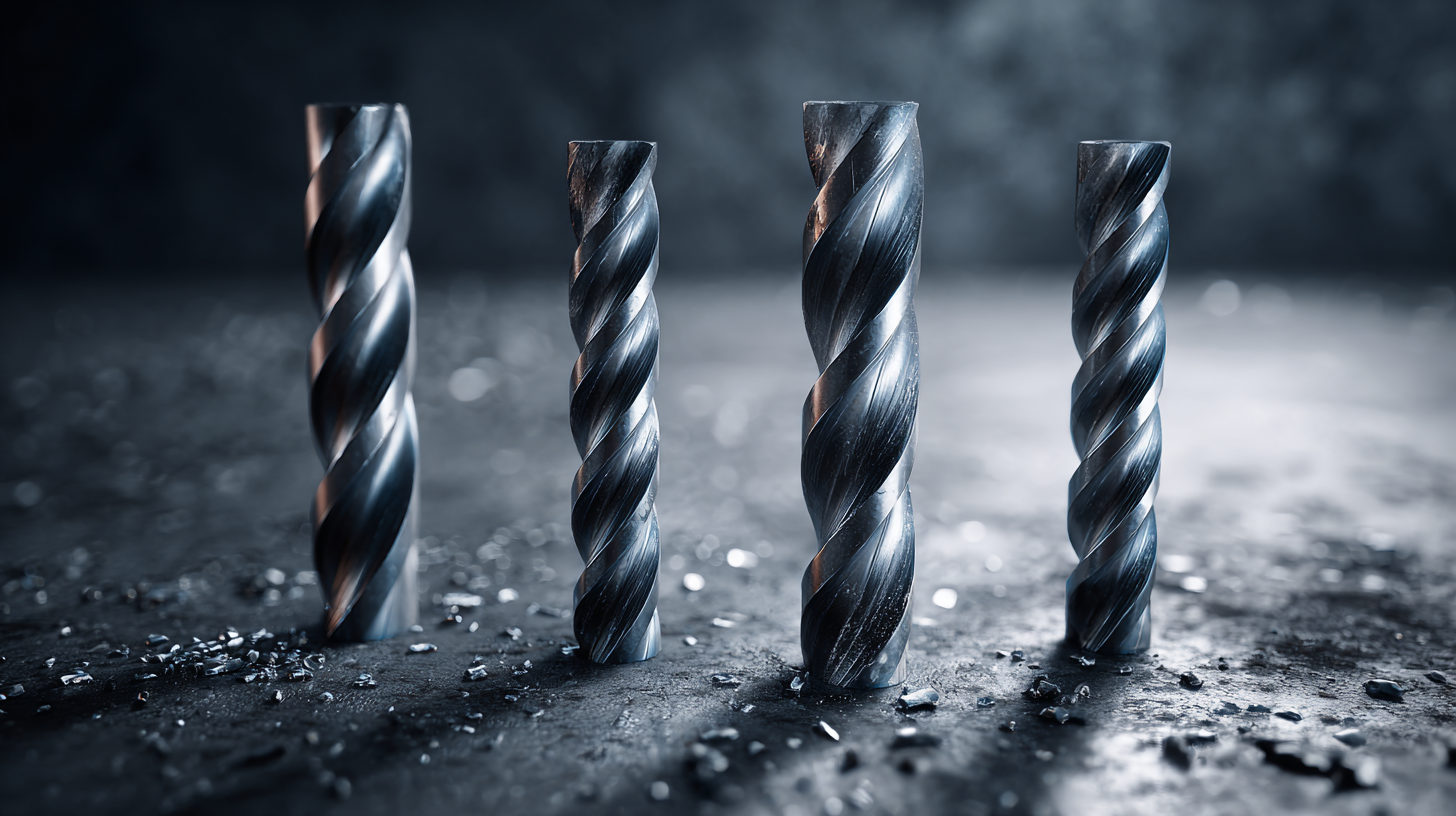
Moreover, the initial investment in carbide drill bits can be quickly offset by their longer lifespan and enhanced efficiency. In industries where time is money, the ability to maintain productivity without frequently swapping out worn tools can lead to substantial savings. Additionally, as the demand for durable and efficient drilling solutions grows, the focus on carbide drill bits is likely to increase, further solidifying their status as a cost-effective choice for professionals committed to optimizing performance in tough applications.
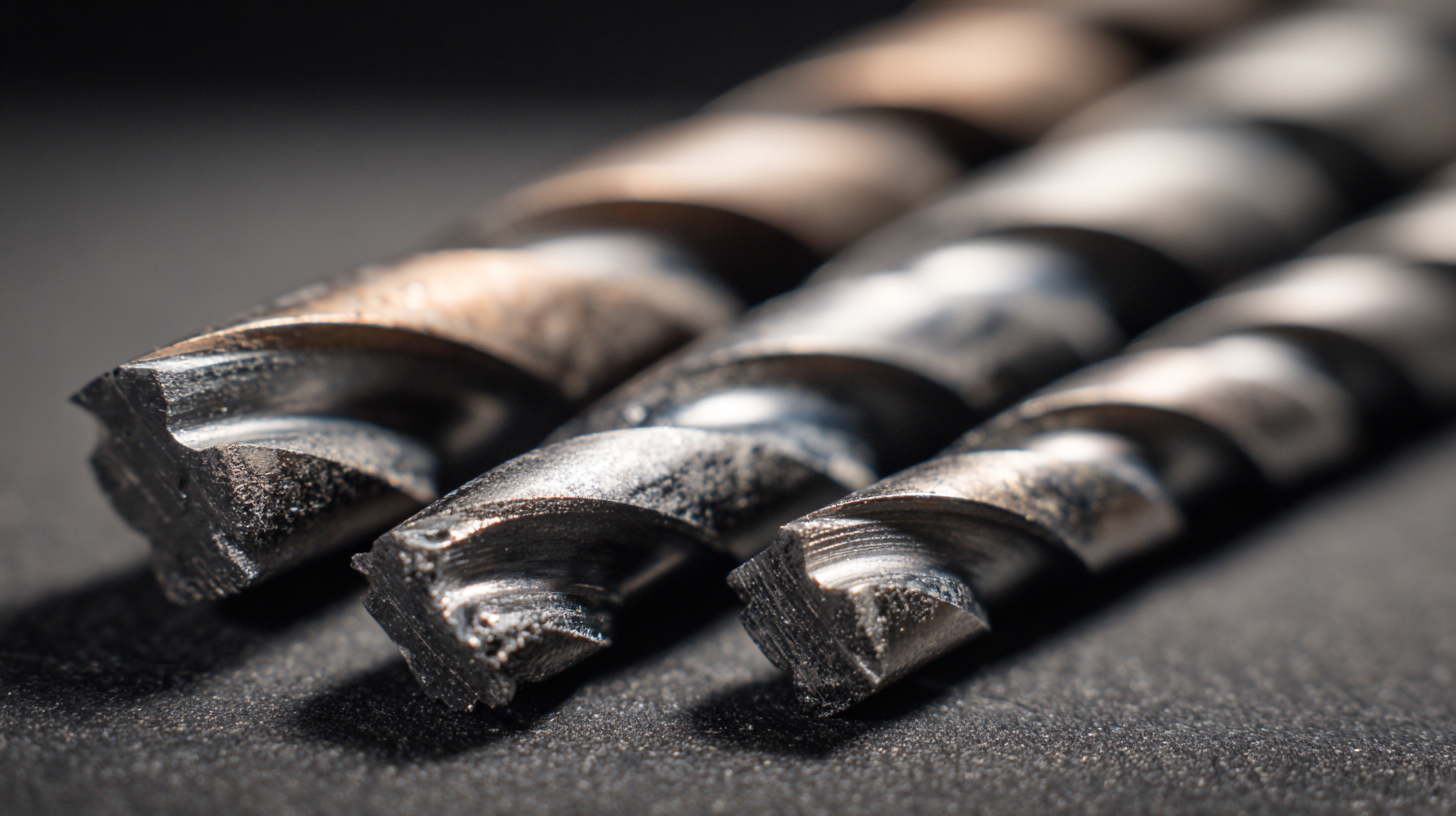 Carbide drill bits are increasingly favored across various industries for their exceptional performance, especially when dealing with hardened steel applications. The automotive sector, for instance, benefits immensely from the precision and durability that carbide bits offer. Automotive components often require rigorous machining processes, and carbide drill bits can maintain sharpness over extended periods, reducing downtime and enhancing productivity.
Carbide drill bits are increasingly favored across various industries for their exceptional performance, especially when dealing with hardened steel applications. The automotive sector, for instance, benefits immensely from the precision and durability that carbide bits offer. Automotive components often require rigorous machining processes, and carbide drill bits can maintain sharpness over extended periods, reducing downtime and enhancing productivity.
Another industry that sees significant advantages from carbide drill bits is aerospace. In aerospace manufacturing, the materials used can be particularly tough, demanding tools that can withstand high stress and temperatures. Carbide bits’ resistance to wear and ability to drill through hardened steel make them ideal for producing intricate parts with tight tolerances. Furthermore, the oil and gas industry relies on these bits for drilling operations, where the ability to penetrate hard materials efficiently is crucial for equipment reliability and safety. Overall, the versatility of carbide drill bits makes them indispensable across multiple fields that require precision and strength in machining hardened steel.
